Rolls-Royce is leading a new UK research initiative aimed at finding more effective ways to use sustainable aviation fuel to reduce both carbon and non-carbon emissions, the company stated.
The two-year project, known as Quantifying Reduction in Thermal Contrails by Optimising SAF (QRITOS), is co-funded through the Non-CO2 Programme under the Aerospace Technology Institute (ATI). It brings together Rolls-Royce, British Airways, Imperial College London, and Heathrow Airport to study how smarter deployment of sustainable aviation fuel, or SAF, could reduce the climate impact of contrails.
While SAF is already recognised for its potential to cut carbon emissions compared with fossil jet fuel, studies have shown that it can also reduce the number of ice crystals that form in aircraft contrails. According to Rolls-Royce, fewer and thinner contrails could lessen aviation’s wider climate impact.
Alan Newby, Director of Research and Technology at Rolls-Royce, said “SAF will not only play a vital role in decarbonising aviation, but has also been shown to reduce certain non-CO2 emissions. This project will demonstrate smarter ways of using SAF which could unlock additional value through reducing non-CO2 climate effects as well.”
Because contrails are only formed under specific weather conditions, most of the climate effect is caused by a relatively small number of flights. The QRITOS project aims to determine whether SAF can be prioritised for those flights most likely to produce persistent contrails, using flight trials, atmospheric modelling, and satellite data collected at Heathrow.
Marcin Dutka, Environmental Sustainability Technologist at Rolls-Royce and project manager for QRITOS, said “Measurements have already shown that fuel composition can influence contrail properties. This project aims to demonstrate how contrail climate impact might be reduced by targeting SAF at flights predicted to form persistent contrails.”
British Airways is contributing operational data from its fleet. “At British Airways, we believe sustainable aviation fuel is central to the future of flying,” said Tom Byrne, the airline’s Head of Net Zero and Environment. “Through the QRITOS project, we’re exploring how SAF can go beyond reducing carbon emissions to also help minimise the climate impact of contrails.”
Heathrow Airport is also participating. Matt Gorman, Director of Carbon Strategy, said “As SAF continues to scale it is important to take a closer look at how we can use it to deliver the greatest climate benefit. As one of the world’s busiest airports we’re proud to participate in this project to demonstrate how targeted SAF use could help to address non-CO2 emissions.”
The research team at Imperial College London will develop new computational models and satellite imaging tools to monitor contrail formation. Associate Professor Sebastian Eastham said “We will develop and trial advanced computational contrail modelling and satellite image analysis techniques, with the goal of performing both prediction and near real-time assessment of the effectiveness of targeted SAF deployment for contrail warming reduction.”
Industry Minister Chris McDonald described the project as an example of collaboration between government and business. “This is government and business working together at its best, and I look forward to seeing how this Rolls-Royce project can help keep UK industry at the forefront of the race for sustainable aviation,” he said.
According to the ATI, QRITOS will conclude in April 2027 and aims to improve forecasting methods, advance understanding of contrail formation, and develop new ways to verify environmental outcomes using satellite data.



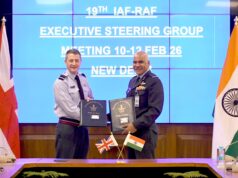
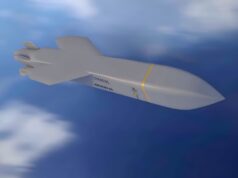

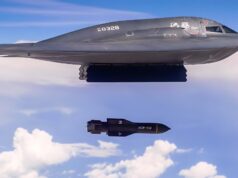


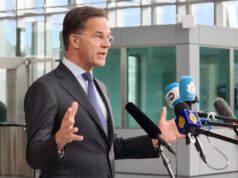

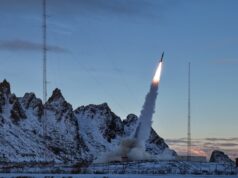


“I love the smell of jet Fuel in the morning”.